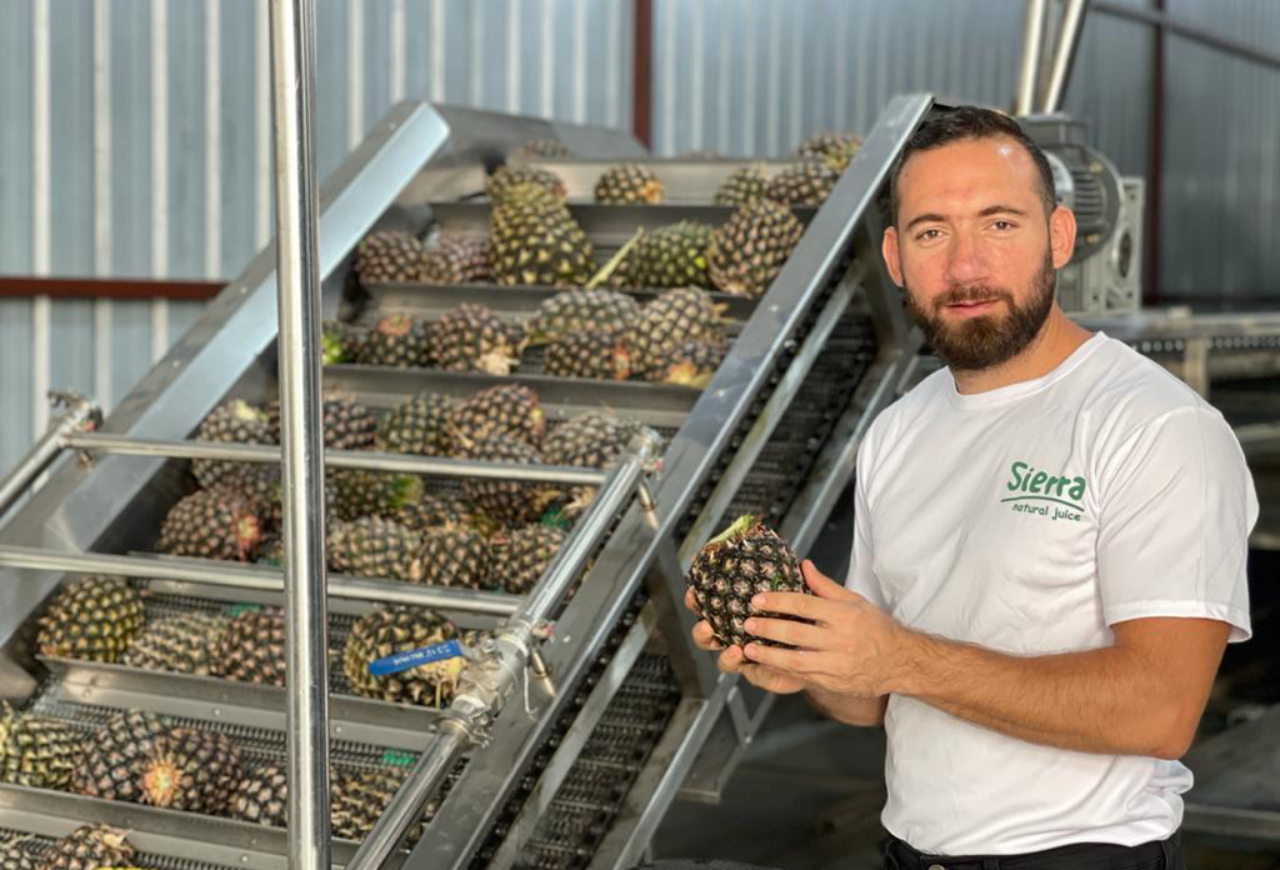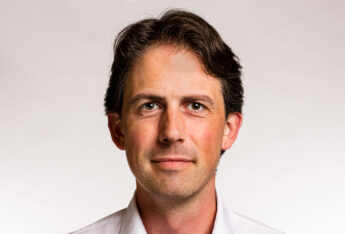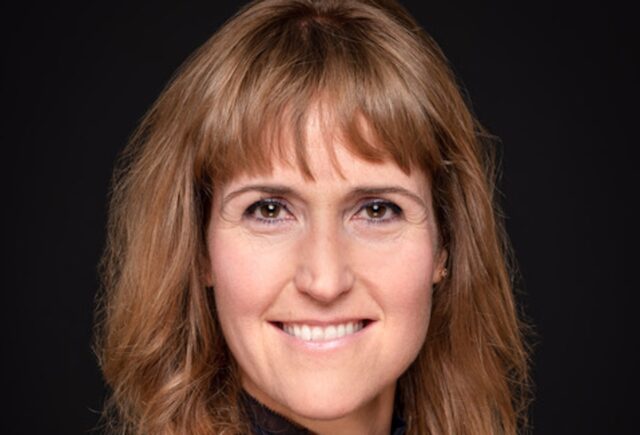The investment brings total assets under management to around €95m, which will be used to support SMEs in developing countries working in the fields of renewable energy and sustainable agriculture.

FMO, the Dutch development finance institution (DFI) has committed €20m to Hivos-Triodos Fonds (HTF), an impact investment vehicle managed by Triodos Investment Management. The investment was made through the Dutch Fund for Climate and Development. FMO was joined by Oesterreichische Entwicklungsbank (OeEB), the Austrian DFI, which made its own €10m allocation.
Both investments are part of a 10-year funding agreement bringing total assets under management in HTF to around €95m. The investments will be used towards accelerating sustainable social and economic development in developing countries, focusing primarily on local SMEs working in off-grid renewable energy and sustainable agriculture.
Speaking to Impact Investor, Wouter Soetaert, business development manager for blended finance at Triodos Investment Management, welcomed the investment, highlighting the funding gap in SME financing in these sectors.

“Whilst many families are still dependent on smallholder farming around the world, the agricultural sector, in particular, is difficult to finance, even for local banks, and remains an underserved segment. Both from a social inclusion perspective and a green perspective when you consider organic or sustainable farming, it’s a very impactful segment to target. The same is true of smaller inclusive off-grid energy projects,” he said.
Soetaert added that DFIs often struggle to deploy investments directly into smaller agriculture or off-grid renewable energy projects as mandated by their governments because the ticket sizes are small and because this type of investment requires what he described as a “very different operational machine”.
“By collaborating with private impact investment managers such as Triodos Investment Management, they can gain exposure to these assets,” he added.
Blended finance structure
HTF was originally launched in 1994 as a public-private partnership between Hivos, a Dutch NGO with a focus on climate justice, gender equality, and civic rights, and Triodos Bank, to fund microfinance institutions in emerging markets supporting local, early stage, value-driven businesses in the fields of inclusive energy and sustainable agriculture. The fund has since transitioned to also invest directly into these businesses.
“Hivos put in the capital and Triodos Bank put leverage behind it. This was blended finance before the term blended finance even existed. I call it our breeding ground fund for our deep impact propositions,” said Soetaert, explaining that HFT invests into opportunities where it thinks it can have a transformative impact.
“If the investment works then we bring it to our fully privately-financed impact funds,” said Soetaert, adding that when HFT was first launched microfinance was considered a daring new approach.
“When we proved the strategy worked, we were able to raise funding for our two microfinance funds which have hundreds of millions each under management ,” he said referring to the €312m Triodos Microfinance Fund and the €286m Triodos Fair Share Fund.
This approach of testing opportunities in HFT for investment into Triodos Impact Management’s mainstream impact funds continues today.
Investments to date
Since inception, HTF has invested over €300m spread across 107 high-impact initiatives in 49 countries in Africa, Asia and Latin America and helped millions of predominantly rural women access financial services.
Investments range between €300,000 to €3m with an average ticket size of €1m to €2m.
“The smaller investments are usually in the form of short loans to provide working capital, for example, to exporting agriculture companies. Once we’ve done several shorter transactions with these companies, we sometimes provide them with longer term loans,” explained Soetaert, giving the example of a small business in Sierra Leone, which aggregated cocoa from smallholder farmers for export and has since expanded into sourcing fruit and making fruit juices for the local market.
“We switched from financing their sourcing of cocoa to providing a capex investment so that they could set up machinery for their juicing business. If we hadn’t done any short-term transactions in the first instance, we would never have dared to make the longer-term loan,” he added.





